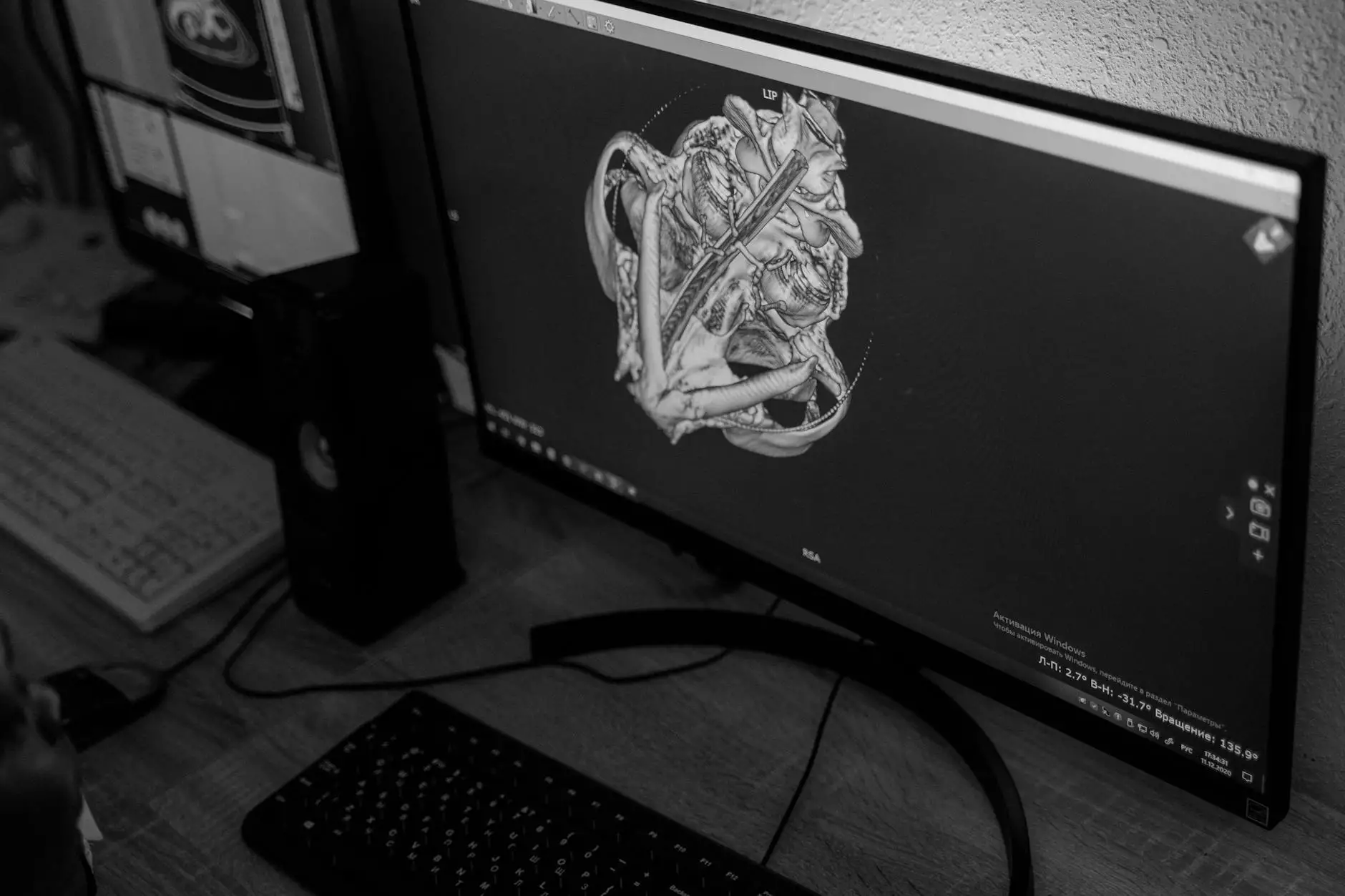Exploring Careers in Biomedical Engineering: A Bright Future Ahead

In today's rapidly evolving technological landscape, the field of biomedical engineering stands out as one of the most promising sectors for aspiring professionals. This discipline marries the principles of engineering with biological sciences, aiming to improve healthcare outcomes through innovative solutions. If you're searching for jobs in biomedical engineering, this article will guide you through the vast opportunities available, the skills you need to succeed, and the future landscape of this exciting field.
What is Biomedical Engineering?
Biomedical engineering is the application of engineering principles and design concepts to medicine and biology for healthcare purposes. With advancements in technology, this field has gained immense importance, focusing on the development of devices, equipment, and procedures that enhance patient care and treatment methodologies. Biomedical engineers work at the intersection of engineering, medicine, and biology, playing a crucial role in the healthcare industry.
Why Choose a Career in Biomedical Engineering?
Choosing a career in biomedical engineering offers numerous advantages:
- Impactful Work: Biomedical engineers contribute directly to improving patient care, making a significant difference in people's lives.
- Job Growth: The demand for biomedical engineers is on the rise, with job opportunities expected to grow significantly in the coming years.
- Diverse Opportunities: From designing medical devices to developing biomaterials, the field offers a variety of career paths.
Job Opportunities in Biomedical Engineering
The job market for biomedical engineering is diverse and dynamic. Let's explore some of the primary positions available:
1. Medical Device Design Engineer
As a medical device design engineer, you will be responsible for creating innovative devices that assist in diagnosing and treating diseases. This role involves working closely with clinical professionals to understand their needs and translate them into practical designs.
2. Quality Assurance Engineer
Quality assurance engineers ensure that all biomedical products meet stringent regulatory standards and are safe for use. This role is critical in preventing product recalls and ensuring compliance with industry regulations.
3. Clinical Engineer
Clinical engineers work directly within healthcare facilities, managing medical equipment and ensuring its proper usage. They play a vital role in bridging the gap between technology and patient care.
4. Research and Development Engineer
R&D engineers focus on innovating new technologies and developing advanced medical systems. This position typically requires strong analytical skills and a solid understanding of both engineering and biological concepts.
Skills Required for Biomedical Engineering Jobs
To excel in jobs in biomedical engineering, candidates should possess a mix of technical and soft skills:
- Technical Proficiency: A solid grounding in engineering principles, biological sciences, and computer programming is essential.
- Problem-Solving Skills: Biomedical engineers must be able to critically analyze problems and devise innovative solutions.
- Communication Skills: The ability to communicate complex ideas clearly to team members and stakeholders is crucial.
- Attention to Detail: Working in healthcare requires precision, and even small mistakes can have serious consequences.
How to Pursue a Career in Biomedical Engineering
If you're interested in pursuing a career in biomedical engineering, here are the steps you can take:
- Educational Background: Begin with a bachelor's degree in biomedical engineering or a related field. Advanced degrees can further enhance job prospects.
- Internships and Practical Experience: Gain hands-on experience through internships or co-op programs during your academic career.
- Networking: Join professional associations, attend conferences, and connect with experienced professionals in the field.
- Continued Learning: Stay updated on the latest technologies and advancements through workshops and certification programs.
The Future of Biomedical Engineering Careers
The future of biomedical engineering looks exceedingly bright. As technology continues to advance, the integration of artificial intelligence, robotics, and biotechnology into medical applications will create new career opportunities and challenges. Some key areas of growth include:
1. Telemedicine Innovations
The rise of telemedicine has surged, especially following recent global events. Biomedical engineers will play a critical role in developing remote monitoring devices that allow healthcare providers to diagnose and treat patients from afar.
2. Wearable Health Technologies
Wearable technology is revolutionizing the way we monitor health data. Engineers in this field will innovate numerous devices that track fitness, monitor chronic conditions, and provide real-time health analytics.
3. Personalized Medicine
As the healthcare industry shifts toward personalized medicine, biomedical engineers will find opportunities to work on tailored therapies and treatment plans based on individual patient data.
4. Regenerative Medicine and Tissue Engineering
The development of artificial organs and tissues is opening up new frontiers in medicine. Engineers specializing in this niche will be essential for research and implementation.
Biomedical Engineering Job Resources
For those seeking jobs in biomedical engineering, numerous resources can aid in your job search:
- Job Boards: Websites like LinkedIn, Indeed, and specialized job boards for engineering and healthcare careers can help you find opportunities.
- Professional Associations: Joining organizations like the Biomedical Engineering Society (BMES) can provide networking opportunities and job listings.
- Company Career Pages: Many leading biomedical firms often post job openings on their websites, so checking these regularly can be beneficial.
- University Career Services: Many universities have career centers that assist students and alumni in finding job opportunities in their fields.
Conclusion
The world of biomedical engineering is filled with extraordinary potential and promise. As you consider your career path, remember the immense impact you can make in healthcare, improving the lives of patients and advancing the medical field. With the right education, skills, and determination, you can find fulfilling jobs in biomedical engineering that not only challenge you intellectually but also allow you to contribute to the greater good.
If you're ready to take the next step in your career, explore opportunities available through platforms like job4u.ae, where you can find potential openings in the fields of financial services, business consulting, and employment agencies specifically tailored to your interests.
jobs biomedical engineering








